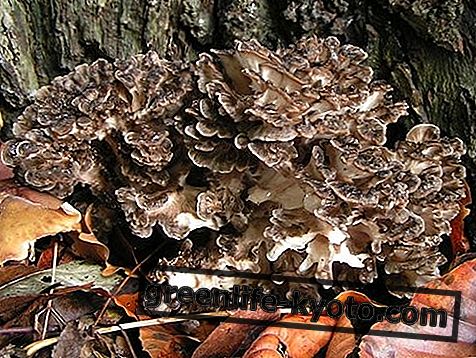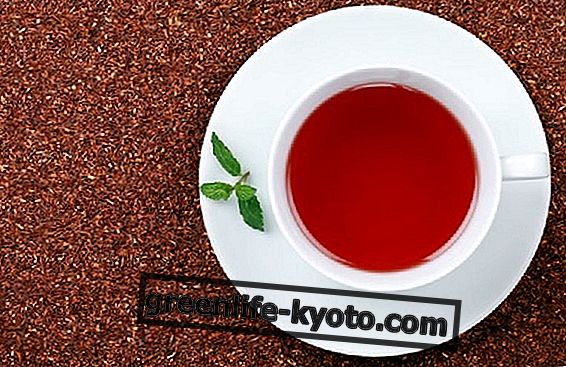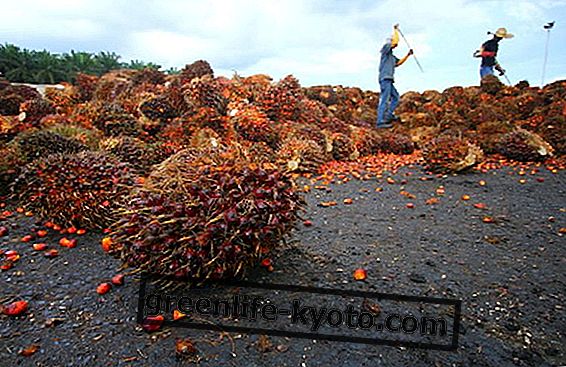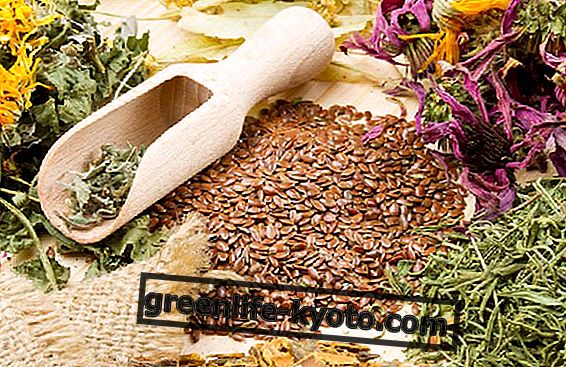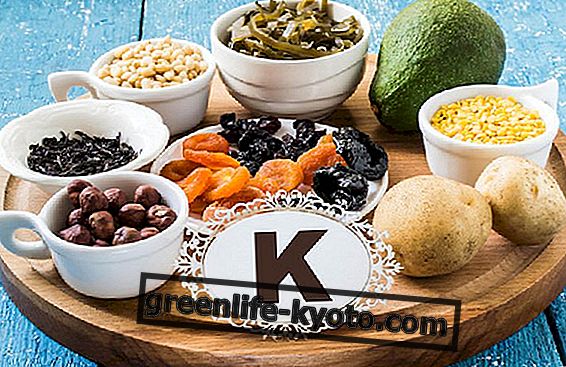Edited by Veronica Pacella, Nutritionist
Nutrigenetics is the science that studies the influence of food components on protein production by DNA. It can be defined as the part of genomics that studies genetic variants regarding the clinical response to specific nutrients .
Nutrigenomics, on the other hand, studies how nutrients influence the expression of the genome, or the differences between the nutrients capable of influencing genetic expression .

What genomics studies
We have seen how nutrigenetics studies how the genome influences the response to food, while nutrigenomics studies how foods influence the expression of the genome.
The genome can be defined as the set of genes of a cell that belongs to a simple organism (eg a bacterium) or complex (eg man). In humans the portions of the genome constitute the chromosomes, which we inherit in pairs: 23 from the mother and 23 from the father.
Genes are portions of chromosomes consisting of the bases of DNA, the bases are four molecules called Adenine, Guanine, Cytosine and Thymine. These molecules come together in a double helix sequence called DNA.
In the DNA, and therefore in the genome, all the information that allows our body to live, think, move and act, as well as to create our physical and mental responses, is contained.
DNA information is transported to the nucleus of the cell and its information is translated into proteins, which will serve to ensure the proper functioning of the organism through structural proteins, enzymes, antibodies, etc.
The alteration of the constitutive characteristics of a protein could have no consequences or cause a worsening / improvement of its function. Genomics then studies the factors that determine these functional alterations .
What is nutrigenomics for?
Nutrigenomics is a new science that studies how a food or drug (pharmacogenomics) influences our genes. The genes, in fact, can be activated or deactivated by the presence or absence of particular nutrients, demonstrating a close correlation between nutrition & DNA.
In the field of clinical research there are many active ingredients derived from plants (phytonutrients) that are the object of study.
The phytonutrients can influence our genes, especially in the prevention of cardiovascular diseases, neurovegetative diseases, cancer and premature aging.
The substances most studied by nutrigenomics today are flavoinoids, resveratrol, carotenoids, lycopene, thiocyanates, allicin and genistein.

